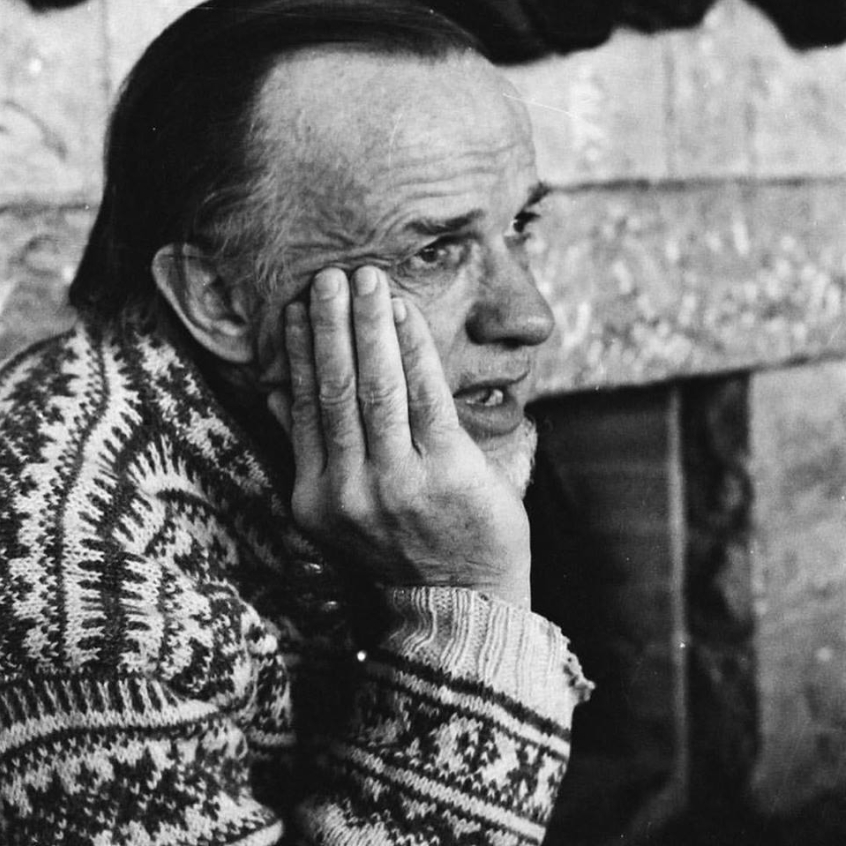
Francis Schaeffer, the enigmatic thinker, writer and icon of 1970s evangelicalism, died on this day in 1984. His legacy has endured to this day, in more ways than one.
A professorial character with a white goatee and a sharp mind, Francis Schaeffer soon became a prominent figure within American evangelicalism.
Much of his writing was directed toward providing an evangelical Christian response to the dominant secular thinking of the day. Schaeffer read widely in philosophy, history, art and culture in an attempt to understand how modern thinking was drawing people away from God. He made a case for the intellectual coherence of Christianity and its power to understand the world and human existence. A prolific writer on apologetics and culture, popular works of his include The God Who Is There, How Should We Then Live? and A Christian Manifesto.
Another iconic legacy of his is 'L'Abri', a youth centre he and his wife Edith established in Switzerland. The name is French for 'the shelter' and L'Abri was conceived as an intentional community where college students and others could retreat to and wrestle with the biggest questions they had about God and life.
Revolving around communal meals, the centre also embodied another passion of Schaeffer's: the power of a deep, holistic, sacrificial Christian community.
L'Abri centres now exist in various locations across the world. Schaeffer brought new energy to a Church unsure of its place in the world. Writer Michael S. Hamilton wrote of him: 'Perhaps no intellectual save CS Lewis affected the thinking of evangelicals more profoundly; perhaps no leader of the period save Billy Graham left a deeper stamp on the movement as a whole.'
Here are nine quotes from Francis Schaeffer.
1. Biblical orthodoxy without compassion is surely the ugliest thing in the world.
2. The Christian in the one whose imagination should fly beyond the stars.
3. One of the greatest injustices we do to our young people is to ask them to be conservative. Christianity is not conservative, but revolutionary.
4. Most people catch their presuppositions from their family and surrounding society, the way that a child catches the measles. But people with understanding realise that their presuppositions should be chosen after a careful consideration of which worldview is true.
5. The Christian should be the person who is alive, whose imagination absolutely boils, which moves, which produces something a bit different from God's world because God made us to be creative.
6. When a man comes under the blood of Christ, his whole capacity as a man is refashioned. His soul is saved, yes, but so are his mind and his body. True spirituality means the lordship of Christ over the total man.
7. In passing we should note this curious mark of our age: The only absolute allowed is the absolute insistence that there is no absolute.
8. A quiet disposition and a heart giving thanks at any given moment is the real test of the extent to which we love God at that moment.
9. When the world can turn around and see a group of God's people exhibiting substantial healing in the area of human relationships in their present life, then the world will take notice.













